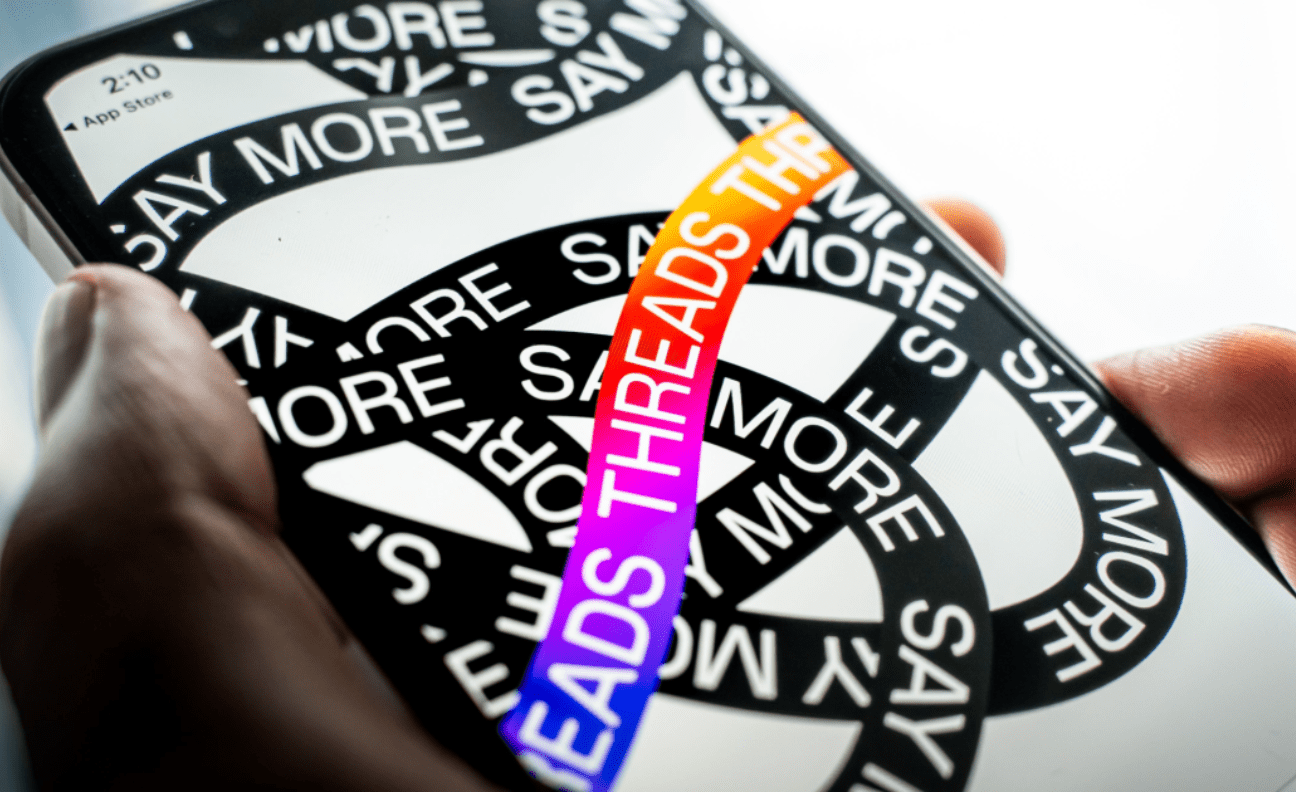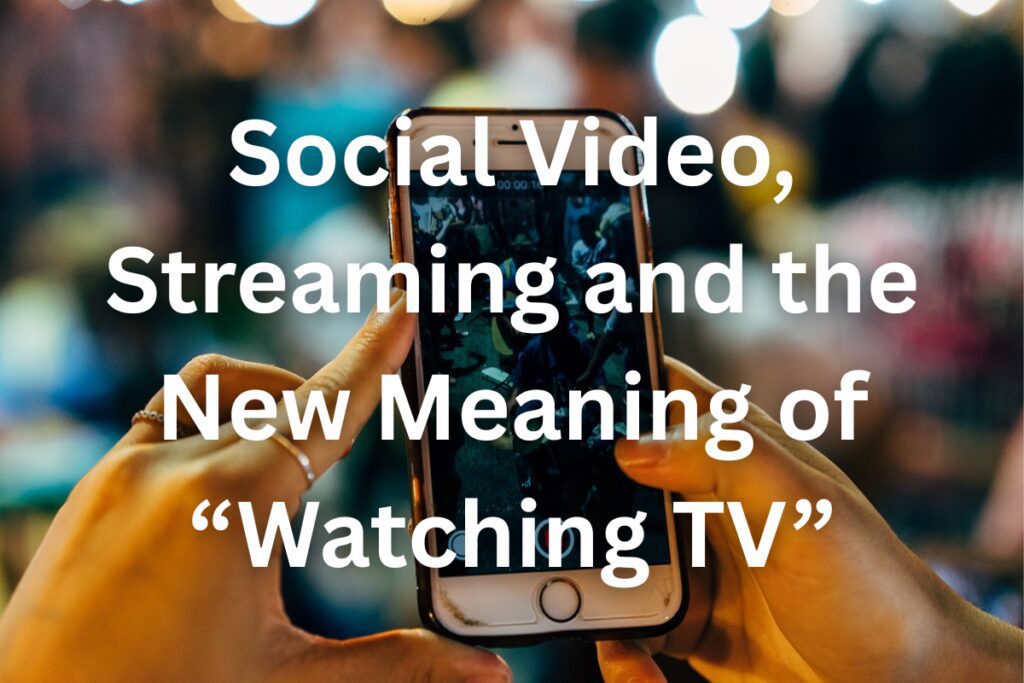In a significant move that has been eagerly anticipated by social media enthusiasts, Meta, the parent company of Facebook, Instagram, and WhatsApp, officially launched Threads on Wednesday, July 6th.
This new app, designed as a Twitter competitor, has quickly gained momentum since its announcement just three months ago. With an impressive 30 million sign-ups as of Thursday, the following morning, including prominent brands, celebrities, journalists, and influential figures, Threads has become the talk of the town.
The initial excitement surrounding the app’s launch evokes the atmosphere of the first day of school, as early adopters eagerly explore its features and ponder whether it could indeed become the “Twitter killer.”
Notably, Threads has already taken the top spot as the most downloaded free app on Apple’s App Store and has become a trending topic on Twitter itself.

Threads: A Challenge to Twitter’s Dominance
Threads represents a potential threat to Twitter, a platform that has faced its fair share of challenges since Elon Musk assumed control in October 2022. The recent decision to impose a temporary limit on users’ daily content consumption has further strained Twitter’s relationship with its users, leaving it vulnerable to new competitors.
In contrast, Threads offers a compelling alternative, combining a familiar Twitter-like feed with real-time conversation capabilities, enabling users to engage in meaningful discussions. Although messages on Threads are limited to 500 characters, similar to Twitter, users can also share photos and videos.
The app also incorporates Instagram’s aesthetic and navigation system, providing a sense of familiarity to those accustomed to Meta’s flagship platform. Additionally, Threads allows users to seamlessly share their posts directly to Instagram Stories.
Furthermore, verified Instagram accounts are automatically verified on Threads, streamlining the process for established influencers and public figures.
Meta’s Expansion and Revenue Opportunities
For Meta, Threads represents more than just a competitor to Twitter. It signifies Meta’s ambition to expand its empire of popular apps while diversifying its revenue streams.
With an already extensive user base from Facebook, Instagram, and WhatsApp, Meta has the advantage of existing scale and infrastructure, giving Threads a head start compared to other recent Twitter competitors that required users to join waitlists or secure invitations.
Whereas, this seamless onboarding process allows users to import their Instagram accounts, including the list of accounts they follow, making it effortless to transition onto the Threads platform.
Furthermore, Meta’s advertising business stands to benefit from Threads’ potential success, providing another avenue to reach users with targeted ads. While Threads currently does not feature advertisements, Meta’s vast advertising experience positions the company well to monetise the platform in the future.
The Availability of Threads
Threads is not limited in its availability, aiming for a wide global reach. The app is accessible in over 100 countries, ensuring a broad user base from various regions.
Moreover, Threads supports more than 30 languages, making it accessible to diverse language-speaking communities. Its availability on both Apple’s iOS and Android platforms ensures compatibility with a range of devices, further expanding its potential user base.
By targeting a global audience and accommodating different languages and operating systems, Threads maximises its reach and establishes itself as a platform with international appeal.
Mark Zuckerberg’s new ‘Threads’ app had big launch energy: It has already hit 30+ million users in less than 24 hours.
— Bloomberg Opinion (@opinion) July 6, 2023
But will it last?
🎥 @DaveLeeBBG has some thoughts https://t.co/hyKt1IQt1x pic.twitter.com/7DdQQxNVy8
Challenges and Privacy Concerns
Despite its promising launch, Threads is not without challenges. Some users experienced occasional glitches and content loading issues during the early hours after the app’s release. However, these technical hurdles are expected when millions of users join and engage with an app simultaneously.
On the privacy front, concerns have been raised regarding the amount of data that Threads, akin to Instagram, can collect from users. This includes information such as location, contacts, search history, browsing history, and contact details, as reported by the Apple App Store.
Nevertheless, Meta asserts that Threads adheres to its established Community Guidelines, ensuring a safe and secure environment for all its users.
Which one is your favorite now ?#Threads #threadapp #ThreadsApp #ElonMusk #MarkZuckerberg #ثريدز pic.twitter.com/RjSS51lqou
— Dr. Muhammad Rashid (@dr_rashid_malik) July 7, 2023
Conclusion
The launch of Threads by Meta has brought a renewed sense of excitement and anticipation to the social media landscape, particularly in relation to Twitter. With its remarkable number of sign-ups and its status as the most downloaded free app, Threads has certainly made a strong impression.
However, Meta faces the ongoing challenge of maintaining long-term user engagement and addressing concerns related to spam, harassment, conspiracy theories, and false claims that have plagued other platforms like Twitter.
Nevertheless, Threads presents an opportunity for Meta to increase user engagement and potentially expand its advertising revenue. As the app becomes available in more countries and languages, its true potential as a “Twitter killer” will become clearer.
Though, it’s clear that only time will tell if Threads can indeed reshape the social media landscape and fulfil Meta’s vision of a vibrant, text-based public space for open conversation and individual expression.









